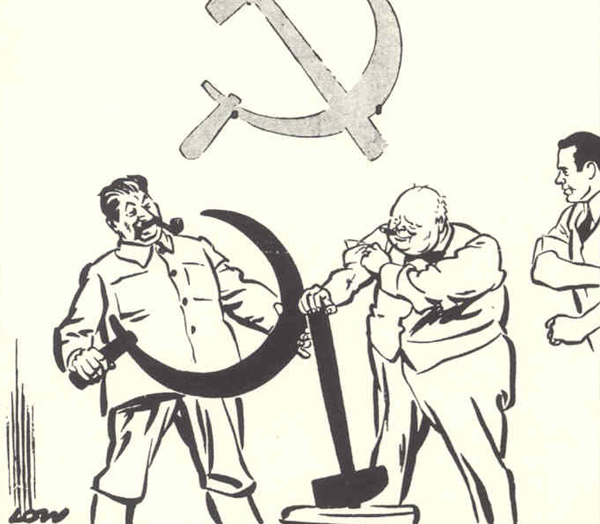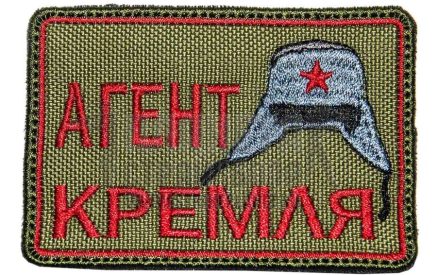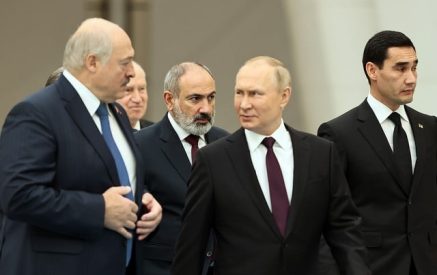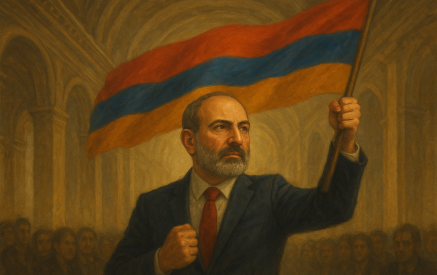Remnants of “vozhdism” in the 21st century
When any party interviewee says, “As our party leader has said,” I am feeling bad instead of my interlocutor. Because I immediately translation the word “leader” in my mind as “vozhd”, which rises many unpleasant parallels in me. First, the so-called, a “person’s cult”, although it is clear that in the Soviet history the problem was not with the person, but the totalitarian system. And then, I imagine the primeval and communal “vozhds” in feather clothes, whose dependents are bringing the tastiest pieces of the mammoth killed during the hunting as an offering.
In this sense, the leader of an idol, whom you worship, and whose errors and shortcomings you do not want to see. We should also consider the following fact. The members of big and small parties in Armenia are usually financially dependent on the first figures of those parties, they are often created to satisfy the ambitions of these figures, and it is natural that these parties was almost compelled to say “vozhd” to their boss, caressing the latter’s self-esteem.
But the topic of “vozhdizm” has deeper roots. The 20th century with its numerous cataclysms has created a demand of charismatic leaders, and not only in totalitarian systems. You cannot compare Roosevelt, Churchill, De Gaulle with contemporary leaders of these countries. You can call the mentioned prominent figures “leaders of the nation” in a good sense, whereas today’s ones – not. Sometimes it gives rise to a kind of nostalgic sighs, “oh, everything has become small, everything is spoiled.”
Read also
No, I think it’s the exact opposite, everything has become big. The significance of individual states and, respectively, their leaders, has stepped back to the second plan, compared to supranational political and economic institutions. With regard to this, another peculiarity of the 21st century that has been repeatedly mentioned by the analysts: the vertical leadership model yields its place to the horizontal one, the “networking.” It is, of course, in its turn driven by information technologies and internet development, which by their essence are “anti-totalitarian”.
Most of nowadays Armenia’s citizens have lived at least half of his life in the 20th century, moreover, in the totalitarian country. The unreserved belief in miraculous features of “good leaders” incurs from here. It also explains the worn-out phrase of “our party leader”.
And, generally, one can hear on every step, “this country needs Stalin”, “we wish to have a king like Putin,” “but who can correct this country?”, “but can this one do something?,” “if the opposition has a strong leader, it would do a revolution”, and so on. Actually, they are worn-out and 20th century ideas. Today, the routine life of the states is provided not by super powerful people, but distinctly operating mechanisms and laws, and just these ones become cult and idol for the majority of citizens (rather than, “Hey man, why should I wait for the red light, if Poghos is not doing the same”). “Vozhdizm” and its “accompanied accessories” are still left in our blood. Is it also the possible reason that we want to erect the statue to one of Stalin’s “vozhds”?
ARAM ABRAHAMYAN




























































